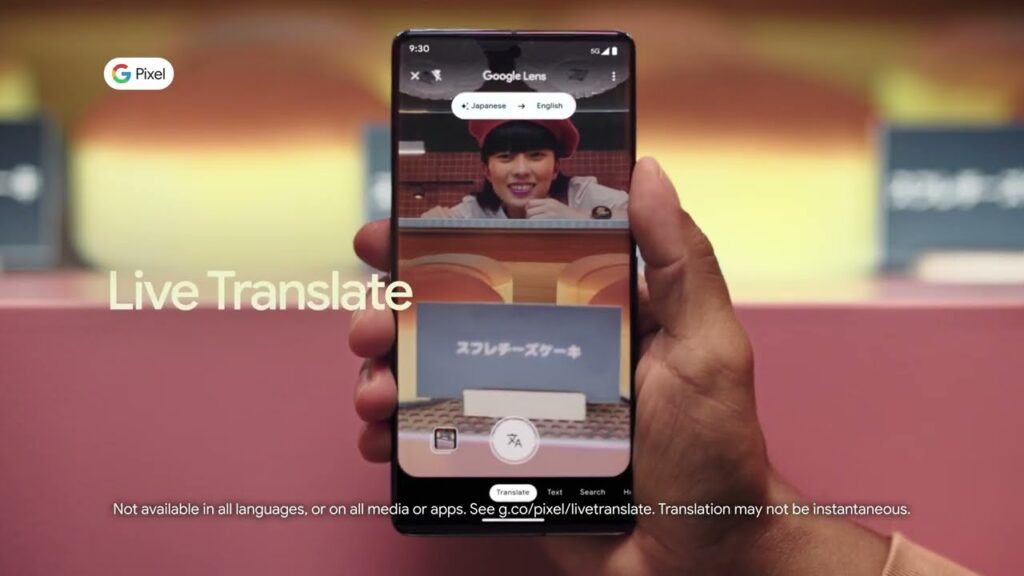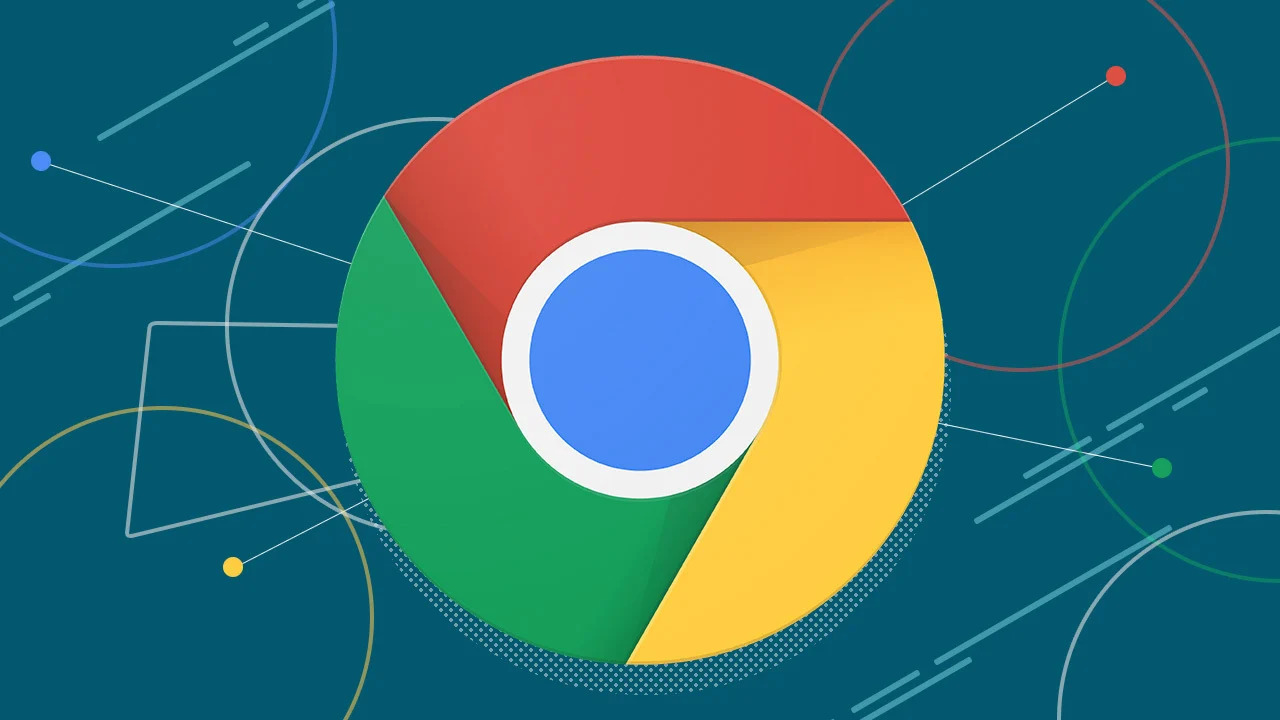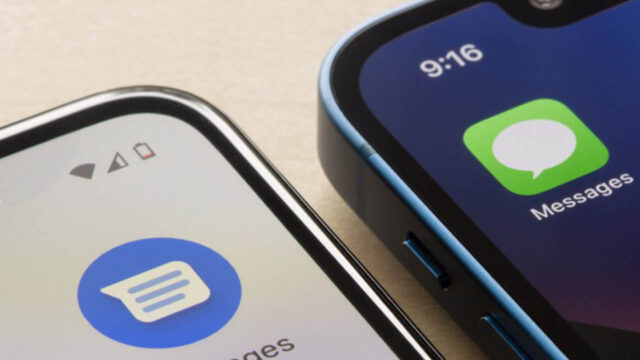Chrome users can soon enjoy a feature that has been exclusive to Google Pixel phones for almost two years. Reddit user and Chrome Canary beta tester Leopeva64 recently shared screenshots and GIFs on the r/chrome subreddit, showcasing the upcoming Live Translate caption feature for Google’s browser.
Live Translate in Action
In Chrome, live translation appears as a caption box that partially covers the screen, transcribing audio in its original language before translating it into the user’s native tongue. If the final version retains the current UI, users can minimize or pin the caption box to a specific screen area. Google has been testing its translation feature in Chrome Canary, the company’s restricted early-access browser, for several months, but there is no official release date yet.
Leopeva64 had previously posted about the planned live translation feature, but this is the first glimpse of the new UI. According to the post, the feature supports six languages, including English, French, German, Italian, Japanese, and Spanish, for translation. Google Translate currently supports 133 languages, so there is potential for this feature to expand in the future.
The latest Canary UI version, as shown in the redditor’s images, allows users to add language packs. Additionally, users can delete language packs, as demonstrated in the shared GIFs. Live Translate can automatically generate captions for the target language and appears next to videos or audio in a different language.
History and Potential of Live Translation
Google has been developing Live Translation since at least 2020, initially introducing it with the Google Pixel 6 in 2021. The beta UI is similar to the Live Translate language selection on Pixel phones. While it now supports 22 languages for automatic chat translation, it only supports six for interpreting audio or video.

The final version of Live Translate for Chrome browsers might differ from the current beta, but having a built-in translation service could be a game-changer. The prospect of no longer needing a Pixel phone for quick, automatic translation on a laptop or desktop is exciting.
Wearable tech could also benefit from automatic translation services. Google has promised live speech translation for its conceptual AR glasses. However, there’s no timeline for the resurrection of the defunct Google Glass. Other live translation software has been seen on early versions of augmented reality glasses. This suggests that expanding Google’s audio language translation capabilities seems promising.













